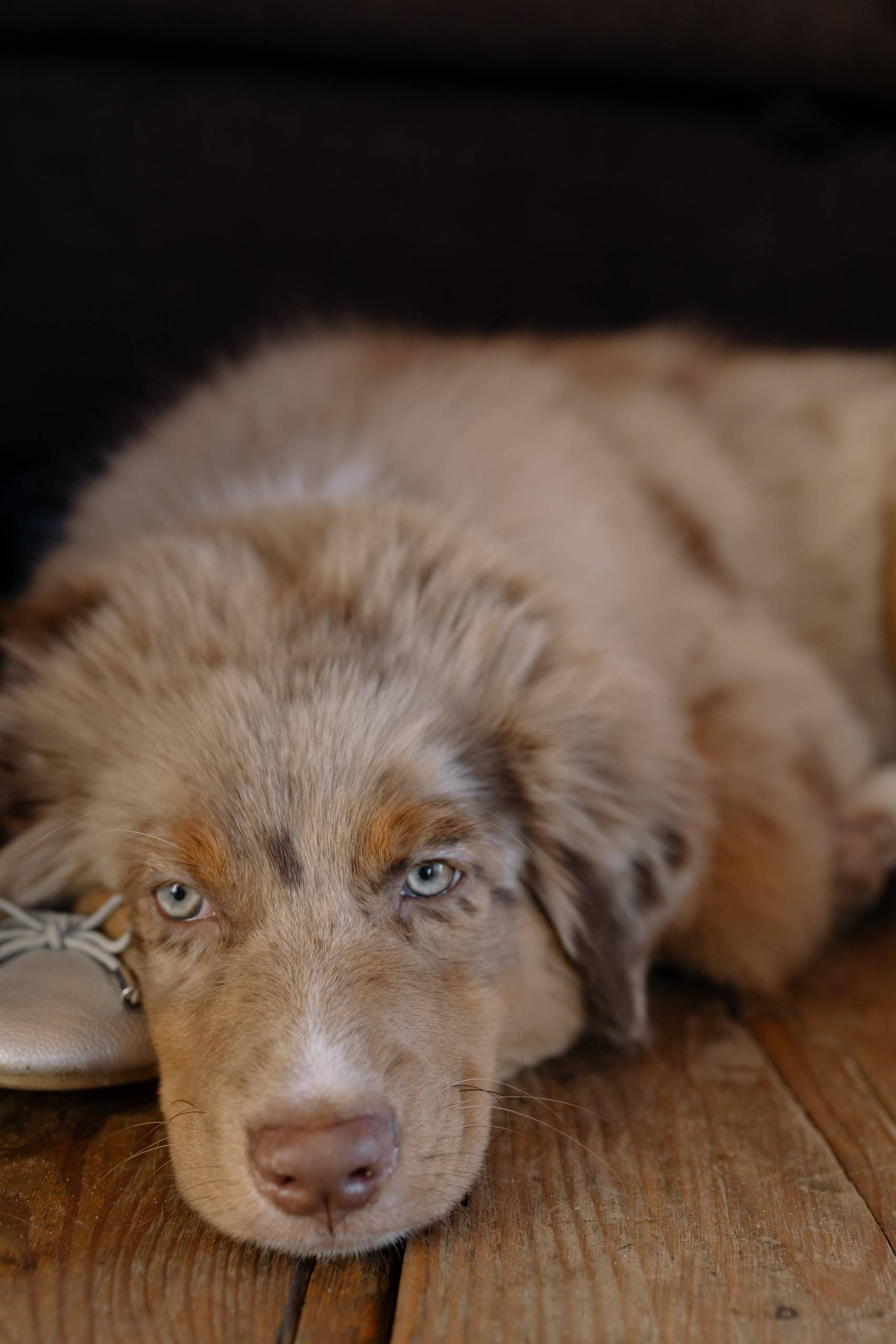
Firstly, it’s important to remain calm. Discovering that your pup has eaten chocolate can be alarming, but panicking won’t help the situation. Take a deep breath and focus on what needs to be done next. Your dog will need your calm and collected demeanor to guide them through this.
The next step is to assess the situation. Take note of the type of chocolate your dog has eaten and the quantity. Different types of chocolate contain varying levels of theobromine and caffeine, which are harmful to dogs. Dark chocolate and baking chocolate have higher concentrations of these substances compared to milk chocolate.
Following this, it’s essential to contact your veterinarian immediately. Time is of the essence in these situations. Your vet will need to know the type of chocolate ingested, the amount, and your dog’s weight. They will be able to provide you with specific guidance tailored to your dog’s unique circumstances.
While waiting for guidance from your veterinarian, observe your dog closely for any unusual behavior. Symptoms of chocolate poisoning in dogs can include vomiting, diarrhea, rapid breathing, increased heart rate, and even seizures. If any of these symptoms occur, it’s crucial to seek emergency veterinary care without delay.
In the meantime, it’s advisable to prevent your dog from accessing any more chocolate. Ensure that all chocolate and cocoa-containing products are kept well out of reach. This includes being mindful of where you dispose of chocolate wrappers, as dogs are notorious for getting into trash bins.
As you wait for the veterinary guidance, provide your dog with plenty of water. This can help to dilute the toxins in their system and may also help to prevent dehydration, especially if they have been vomiting. However, do not try to induce vomiting in your dog unless specifically instructed to do so by your vet.
Once you’ve received guidance from your veterinarian, follow their instructions diligently. They may advise you to monitor your dog at home or bring them in for observation and treatment. It’s essential to adhere to their recommendations to ensure the best possible outcome for your furry friend.
In the aftermath of this incident, take the time to review and reinforce your dog’s training. Teaching them a reliable “leave it” command and ensuring that they understand which foods are off-limits can help prevent similar situations in the future. Prevention is always better than a cure, especially when it comes to our beloved pets.
In conclusion, discovering that your dog has eaten chocolate can be a frightening experience, but it’s crucial to approach the situation calmly and swiftly. Contact your veterinarian immediately, observe your dog for any symptoms, and follow the guidance provided by your vet. By taking these steps, you can help ensure the safety and well-being of your four-legged companion.[/fusion_text]

